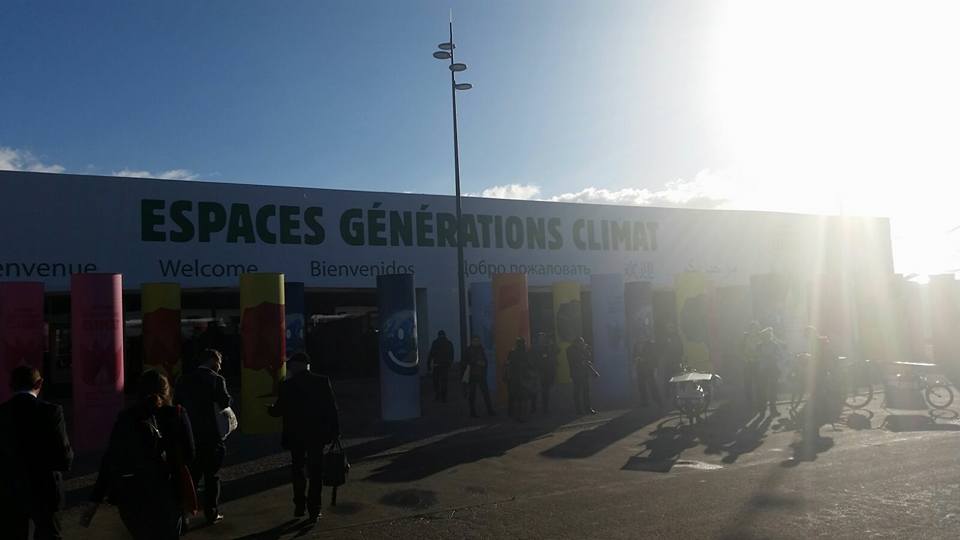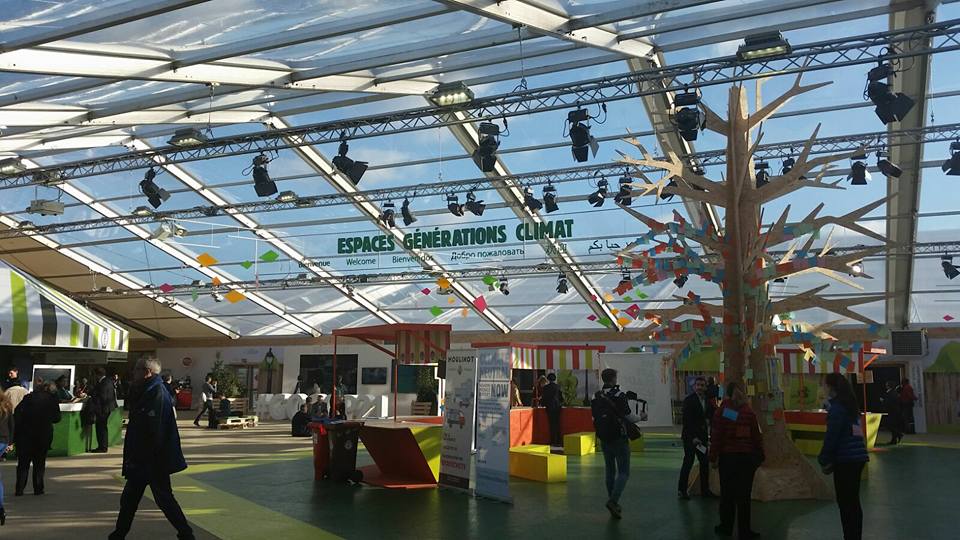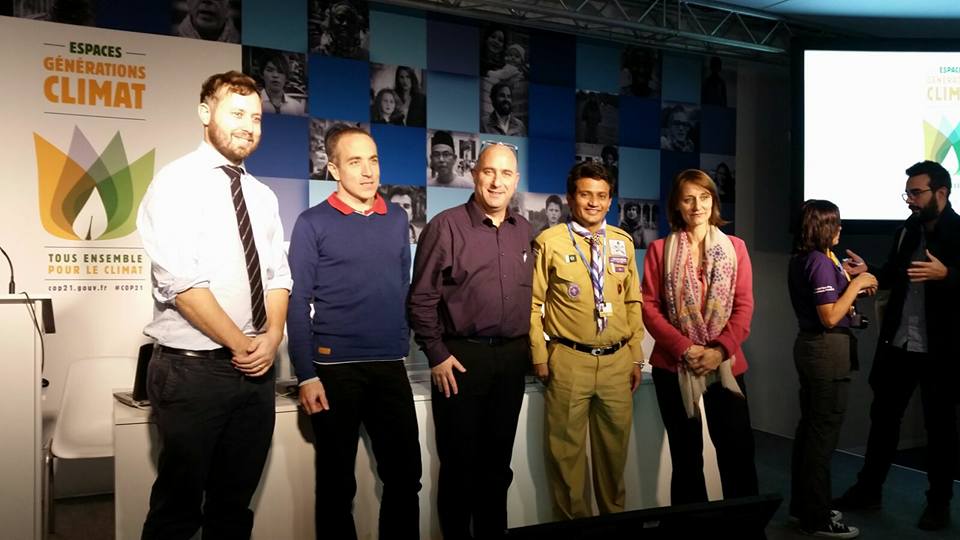On 4 December 2015 in the Climate Generations Area at COP21/CMP 11 in Paris, the Foundation for Environmental Education (FEE) hosted a conference entitled “Climate Change as part of the curriculum from kindergarten to university”. The conference aimed at creating a platform of discussion between civil society, high profile professionals in the field of environmental education and people with real hands-on experience, so that they could share their knowledge and involvement in environmental issues.
Moreover, as FEE representatives, Lesley Jones and Daniel Schaffer, were involved in activities at the Climate Generations Area, the Blue Zone and the UNESCO Headquarters, where they discussed further how FEE helps strengthen climate education through its programmes, its campaigns, and its impact at the international, national and local level.
FEE Statement on the COP21 Agreement
On the 12 December 2015, 195 nations reached a new global agreement in Paris for cutting greenhouse gas emissions and tackling climate change. The agreement’s main aims are to keep the increase in the global average temperature to well below 2 °C above pre-industrial levels and to pursue efforts to limit the temperature increase to 1.5 °C above pre-industrial levels, to increase the ability to adapt to the adverse impacts of climate change, and to make consistent financial flows with a pathway towards climate-resilient development.
The Paris agreement’s most evident value is to set a regular emissions’ cut review process together with the submission of new targets, thus facilitating the process from the civil society’s side of pushing governments to not only reach their goals, but also to keep aiming for higher ones. The Agreement also takes into account the less developed countries’ financial support for climate change adaptation and mitigation, together with supporting developing countries in their transition to low carbon economies.
This agreement is a very positive step in the right direction and reflects the long needed global acceptance of the problem, its causes and the urgency in which we need to act if we are to start remedying the situation.
Nevertheless and once again, the agreement seems to lack an enforceable non-compliance mechanism, which would ensure that countries fulfil the obligations they have committed to in this Paris Agreement.
The Foundation for Environmental Education as a representative of its members, who are civil society organisations from around the world, would like to recognise the important role civil society will need to continue to play to encourage governments to fulfil their obligations towards the reduction of green house gas emissions, and also the wellbeing of their citizens and that of humanity in general.
The Foundation for Environmental Education urges governments to recognise the great importance of Climate Change Education (CCE) as a key element to bring about the needed change, as presented in the Paris Agreement. The recognition must come in the form of continuous and increased support for both the formal and non-formal education systems, including all age groups from kindergarten to adulthood.
- Daniel Schaffer, CEO of the Foundation for Environmental Education
Download the full report and statement on the COP21 Agreement





